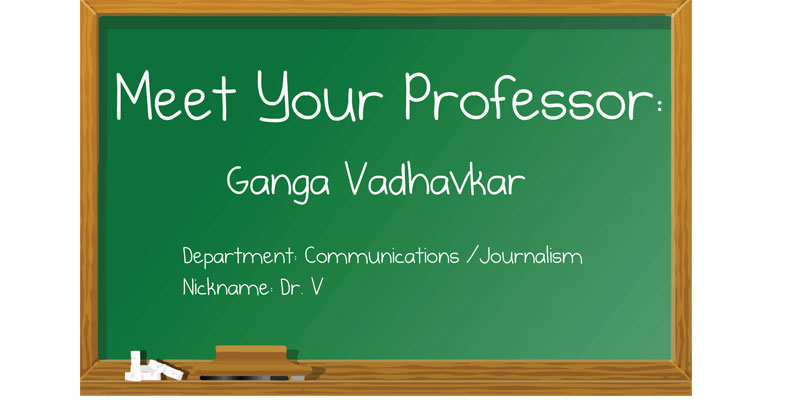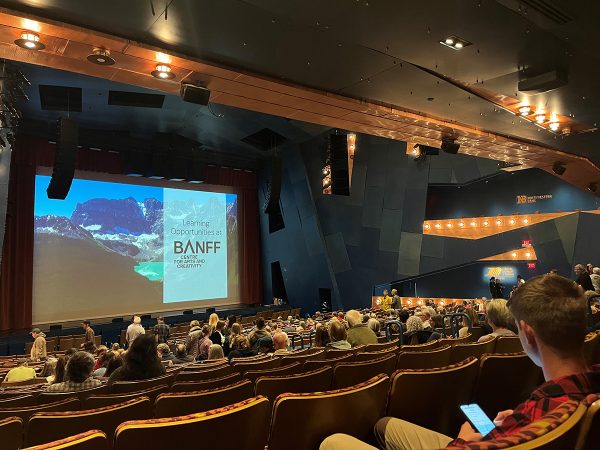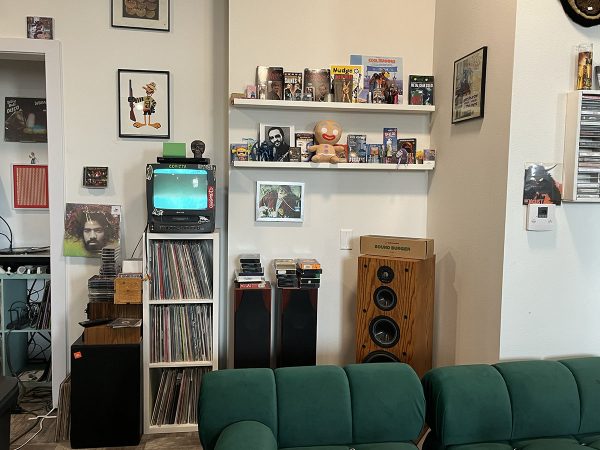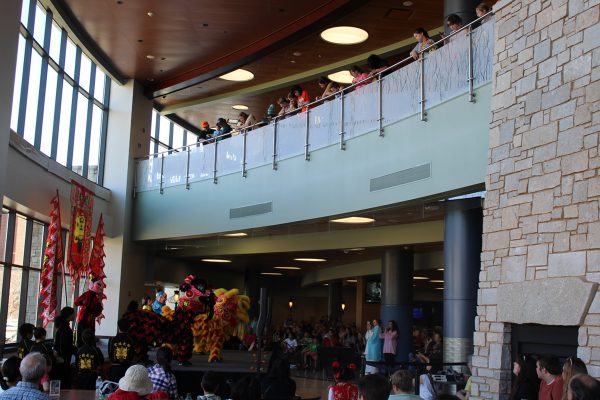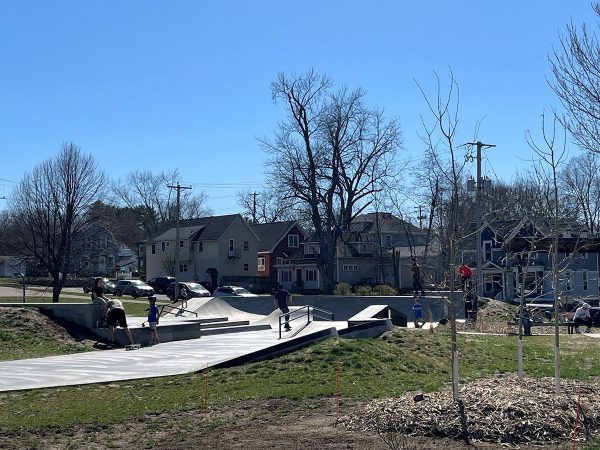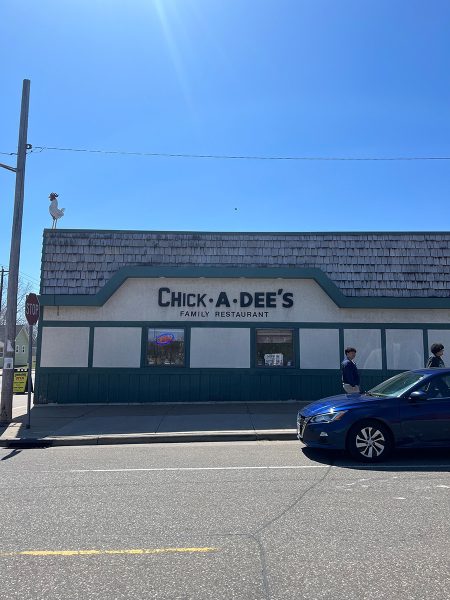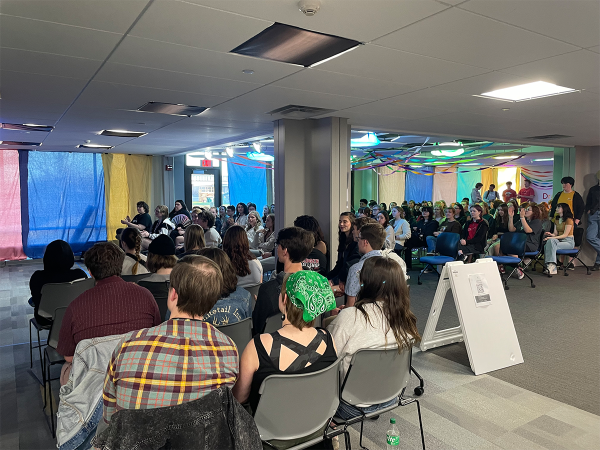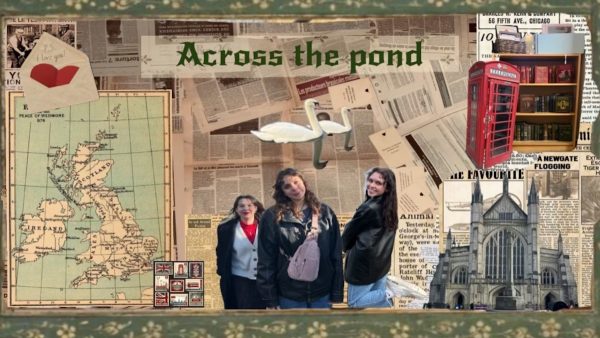Meet your professor: Ganga Vadhavkar
Martha Landry: How many years have you been in the communications / journalism field?
Ganga Vadhavkar: If you are talking about work being affiliated with an organization, that would be since the mid ‘80s. I would say, gosh, over 30 years. But I’ve been freelancing since I was a kid.
ML: So, you have a lot of experience!
GV: Yeah. Right now my academic experience in journalism is more than the writing part. The writing part I did as a reporter. I was pretty active until about ‘85 and after that, I’ve been a correspondent and then I was freelancing but not so much since I’ve gotten into academia.
ML: If you could pick, what would you say is your favorite part about journalism?
GV: What I like is storytelling. The storytelling part of it, but I like the fact that you have to really know when to write without showing bias. I like the idea of sharing, and I like that even if you are a beat reporter, political reporter, it challenges you to stay
updated with what is going on.
For me, it’s education because it’s not just about writing or video, audio. Those are just skills. It is the challenges of interpersonal communication that come into play because getting a good story means not just being able to communicate but communicate effectively.
I love journalism because it’s people, getting in touch, meeting people. You never know what stories are going to come up. Every story is different.
ML: What is your favorite part about Eau Claire or UW-Eau Claire?
GV: I’m amazed that, being a small town, there is still so much to do. I love that people are friendly and very down to earth. You could have one foot of snow on the ground in May and people will still look happy, which amazes me!
ML: What is your most favorite place you have ever traveled?
GV: Bahamas, Bermuda. Actually, if I think about it. Jamaica. The Caribbean.
ML: How come?
GV: Because I feel … people go there because it looks exotic in magazines and in the news, but you really see that’s just part of it. There are a lot of people who don’t have what people in the US have, but yet they are so happy. We as tourists go to admire the beauty and take in the beaches and all. But then you see kids on the street with no footwear, running around, don’t have much, but yet they are happy.
Makes you not appreciate just the natural resources there, but also the people who grew up with that but they don’t have the luxury of enjoying it like we do. But yet they are appreciating life. It’s like you don’t need much to be happy. That’s what I learn when I go there, just like India but I’m not saying India because I grew up there.

